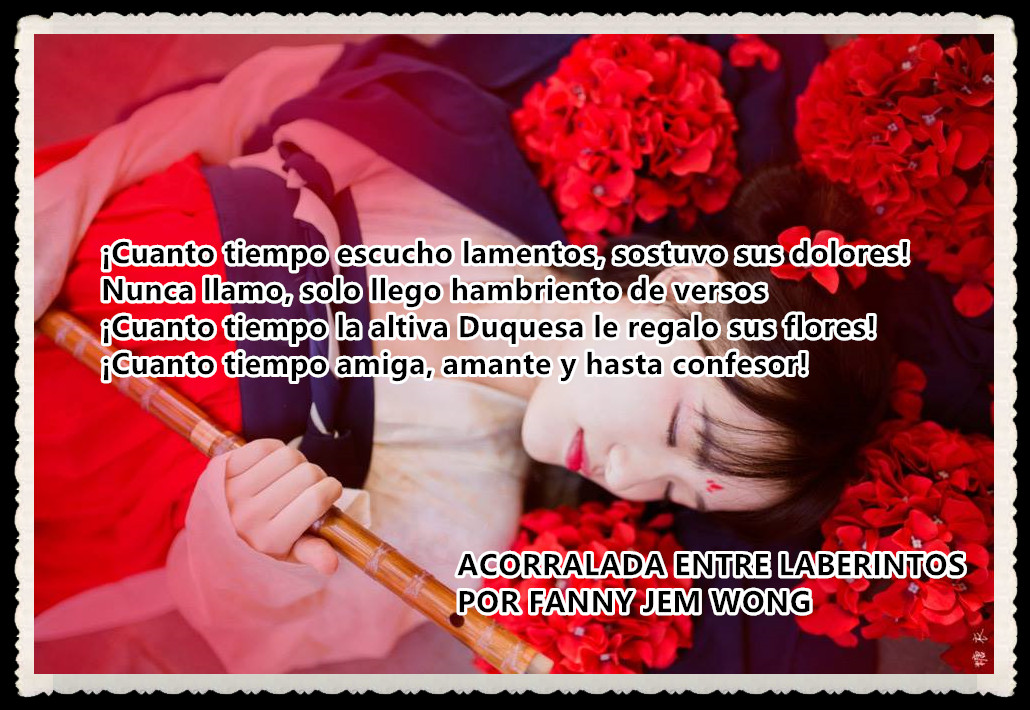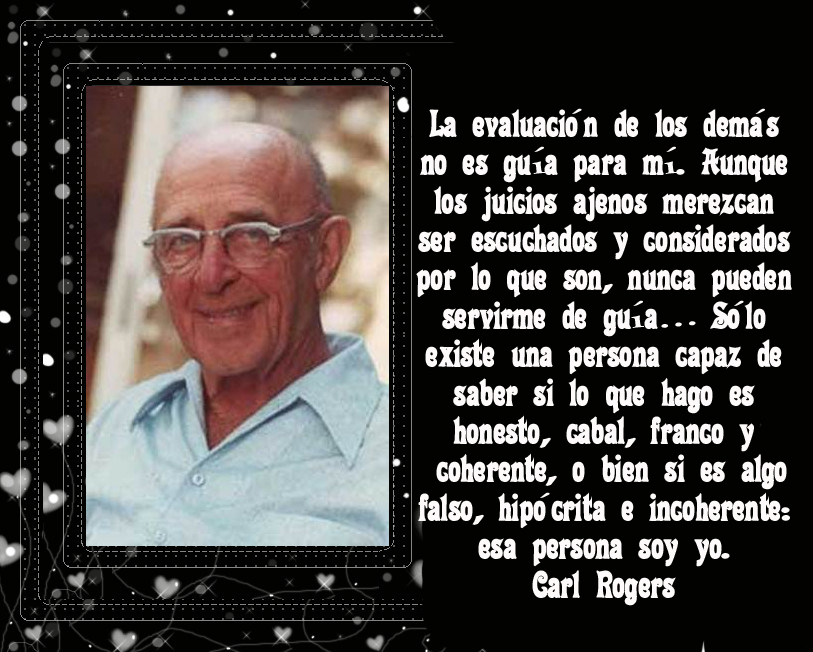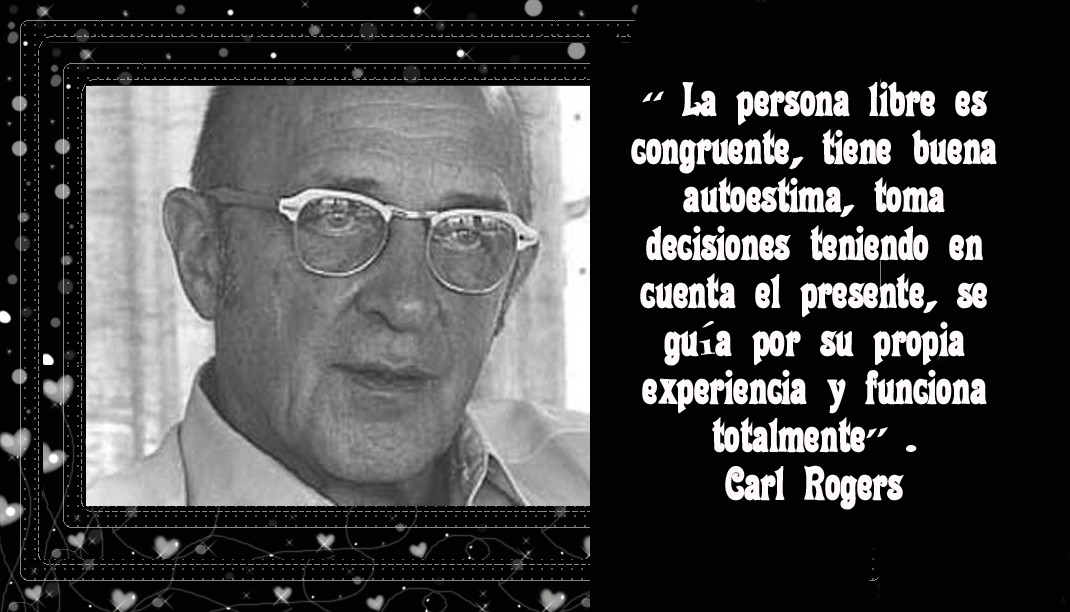
Biografía
Abraham Maslow nació en Brooklyn, Nueva York el 1 de abril de 1908. Fue el primero de siete hermanos y sus padres eran emigrantes judíos no ortodoxos de Rusia. Estos, con la esperanza de lograr lo mejor para sus hijos en el nuevo mundo, le exigieron bastante para alcanzar el éxito académico. De manera poco sorprendente, Abraham fue un niño bastante solitario, refugiándose en los libros.
Para satisfacer a sus padres, primero estudió leyes en el City College de Nueva York (CCNY) Después de tres semestres, se transfirió a Cornell y luego volvió a CCNY. Se casó con Berta Goodman, su prima mayor, en contra de los deseos de sus padres. Abe y Berta tuvieron dos hijas.
Ambos se trasladaron a vivir a Wisconsin de manera que él pudiese acudir a la Universidad de Wisconsin. Fue aquí donde empezó a interesarse por la psicología y su trabajo empezó a mejorar considerablemente. Aquí pasaba tiempo trabajando con Harry Harlow, famoso por sus experimentos con bebés resus de mono y el comportamiento del apego.
Recibió su BA en 1930, su MA en 1931 y su doctorado en 1934, todos en psicología y de la Universidad de Wisconsin. Un año después de su graduación, volvió a Nueva York para trabajar con E.L. Thorndike en la Universidad de Columbia, donde empezó a inetresarse en la investigación de la sexualidad humana.
Comenzó entonces a dar clases a tiempo completo en el Brooklyn College. Durante este periodo de su vida, entró en contacto con muchos de los inmigrantes europeos que llegaban a Estados Unidos, y en especial a Brooklyn; personas como Adler, Froom, Horney, así como varios psicólogos de la Gestalt y freudianos.
En 1951 Maslow pasó a ser Jefe del departamento de Psicología en Brandeis, permaneciendo allí durante 10 años y teniendo la oportunidad de conocer a Kurt Goldstein (quien le introdujo al concepto de auto-actualización) y empezó su propia andadura teórica. Fue aquí también donde empezó su cruzada a favor de la psicología humanística; algo que llegó a ser bastante más importante que su propia teoría.
Pasó sus últimos años semi-retirado en California hasta que el 8 de junio de 1970 murió de un infarto del miocardio después de años de enfermedad.
FUENTE




























Debe estar conectado para enviar un comentario.